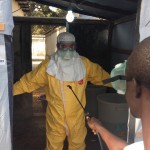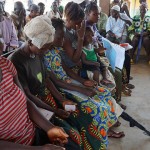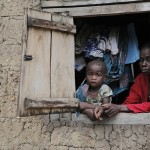The scale of West Africa’s Ebola epidemic has been attributed to the weak health systems of affected countries, their lack of resources, the mobility of communities and their inexperience in dealing with Ebola. This briefing for African Affairs argues that these explanations lack important context. The briefing examines responses to the outbreak and offers a different set of explanations, rooted in the history of the region and the political economy of global health and development. To move past technical discussions of “weak” health systems, it
Continue reading →
Case Studies on Contemporary Social Issues book by Barry Hewlett and Bonnie Hewlett. In this case study, readers will embark on an improbable journey through the heart of Africa to discover how indigenous people cope with the rapid-killing Ebola virus. The Hewletts are the first anthropologists ever invited by the World Health Organization to join a medical intervention team and assist in efforts to control an Ebola outbreak. Their account addresses political, structural, psychological, and cultural factors, along with conventional intervention protocols as problematic to achieving
Continue reading →
Haemorrhagic fevers have, par excellence, captured popular and media imagination as deadly diseases to come ‘out of Africa’. Associated with wildlife vectors in forested environments, viral haemorrhagic fevers such as Ebola, Marburg and lassa fever figure high in current concern about so-called ‘emerging infectious diseases’, their hotspots of origin and threat of global spread. Outbreak narratives have justified rapid and sometimes draconian international policy responses and control measures. Yet there is a variety of other ways of framing haemorrhagic fevers. There present different views concerning
Continue reading →


